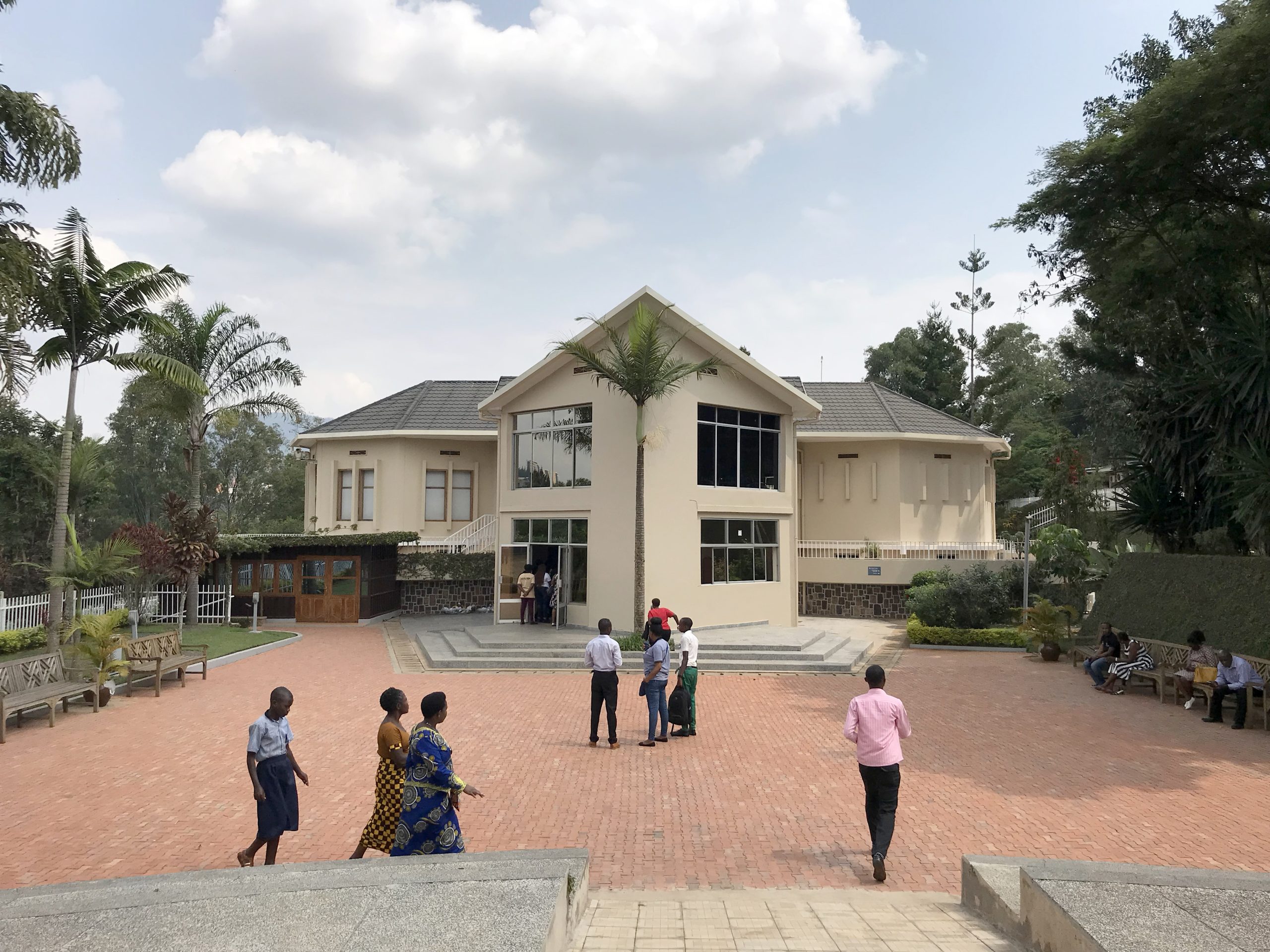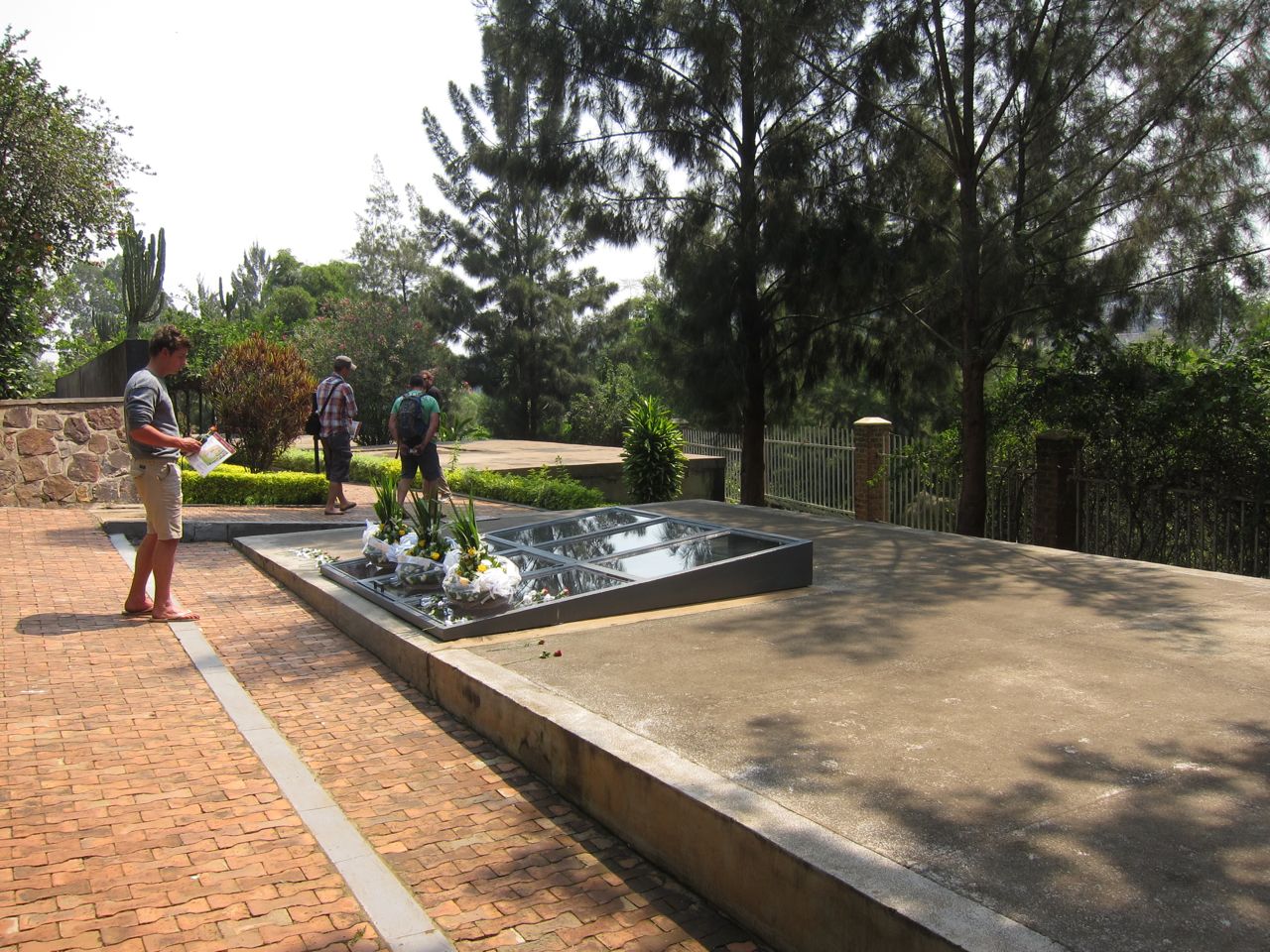Kigali Genocide Memorial Tour – A Sacred Space for Remembrance and Reflection

Kigali Genocide Memorial tour
“Those who do not remember the past are condemned to repeat it.” – George Santayana
Nestled in the heart of Rwanda’s vibrant capital, the Kigali Genocide Memorial in Gisozi stands as a solemn testament to one of humanity’s darkest chapters. This profoundly moving site serves not only as a memorial to the victims of the 1994 Genocide against the Tutsi but also as a beacon of hope, educating visitors about the importance of reconciliation and peacebuilding.
At Africa Reveal Safaris, we consider this memorial an essential stop for every traveler seeking to understand Rwanda’s remarkable journey from tragedy to transformation. The memorial offers more than historical facts—it provides a deeply personal perspective on loss, resilience, and the extraordinary power of forgiveness that has shaped modern Rwanda.
Overview of the Kigali Genocide Memorial tour
The Kigali Genocide Memorial represents both a burial site and a world-class educational facility. As the final resting place for over 250,000 victims, this sacred ground was officially opened in 2004 to commemorate the 10th anniversary of the genocide. Managed by the Aegis Trust—an international organization committed to genocide prevention—the memorial complex serves multiple purposes in Rwanda’s healing process.
Visitors encounter several powerful components during their visit:
The mass graves, where victims from across Kigali were respectfully reinterred, create a space for quiet contemplation. Fresh flowers often adorn these graves, placed by survivors and visitors paying their respects.
Inside the exhibition halls, a carefully curated narrative unfolds through photographs, personal belongings, and video testimonies. The displays don’t shy away from the brutal reality of the genocide while sensitively honoring those who perished. Particularly moving is the Children’s Memorial, where portraits of young victims are accompanied by heartbreaking details about their favorite foods, personalities, and final moments.
The Wall of Names represents an ongoing effort to document every life lost—a monumental task given the scale of the tragedy. Nearby, the Education Center hosts workshops and programs that promote peacebuilding, serving as proof that Rwanda has chosen reconciliation over revenge.
Location of the Kigali Genocide Memorial
Conveniently situated in Gisozi, just 4 kilometers (about 10 minutes’ drive) from Kigali’s city center, the memorial is easily accessible for all visitors. Its hilltop location offers panoramic views of Rwanda’s capital—a symbolic reminder of how the nation has rebuilt itself. Kigali Genocide Memorial tour
Practical Information for Visitors: Kigali Genocide Memorial tour
📍 Address: KG 14 Ave, Kigali, Rwanda
🕒 Opening Hours: 8:00 AM – 5:00 PM daily (Closed last Saturday of each month for community service)
🎟️ Entrance Fee: Free admission (Donations gratefully accepted to support memorial operations and educational programs)
📌 Visitor Tip: Allow at least 2 hours for a meaningful visit. Audio guides are available for self-guided tours.
Background and History of the Genocide Against the Tutsi

Kigali Genocide Memorial tour
The 1994 Genocide against the Tutsi represents one of the most concentrated mass killings in human history. Between April and July 1994, approximately one million people—mostly from the Tutsi minority but also including moderate Hutus—were systematically murdered in just 100 days. The violence, orchestrated by extremist Hutu factions including the Interahamwe militia, unfolded with terrifying speed and brutality.
Understanding the Historical Context
The roots of this tragedy stretch back through Rwanda’s complex history:
Colonial Legacy (1897-1962): Belgian colonial administrators institutionalized ethnic divisions by introducing identity cards that rigidly classified Rwandans as Hutu (85%), Tutsi (14%), or Twa (1%). The colonizers favored the Tutsi minority, creating resentments that would later be exploited.
Post-Independence Tensions (1962-1990): After gaining independence in 1962, successive Hutu-dominated governments systematically marginalized the Tutsi population through discriminatory laws and periodic violence, forcing many into exile.
The Spark (April 6, 1994): The assassination of President Juvénal Habyarimana—when his plane was shot down over Kigali—served as the immediate trigger for the genocide. Within hours, roadblocks appeared across Kigali, and targeted killings began.
International Inaction: Despite clear warning signs, the international community failed to intervene. The UN peacekeeping force was reduced rather than reinforced, leaving Rwandans to face the horror largely alone.
Rwanda’s Phoenix-like Rebirth
What makes Rwanda’s story extraordinary isn’t just the scale of the tragedy but the depth of its recovery. From the ashes of genocide, Rwanda has:
-
Established community-based Gacaca courts to try genocide cases and promote reconciliation
-
Outlawed ethnic identification in official documents
-
Become one of Africa’s safest and cleanest nations
-
Emerged as an economic and technological hub
The Kigali Genocide Memorial plays a vital role in this ongoing transformation by:
-
Providing a dignified space for mourning and remembrance
-
Educating younger generations about the dangers of division
-
Showcasing stories of reconciliation that inspire hope
-
Hosting international students and researchers to promote global genocide prevention
Recommended Safaris & Tours Including the Kigali Genocide Memorial Tour
At Africa Reveal Safaris, we’ve carefully designed itineraries that balance historical understanding with Rwanda’s stunning natural beauty. Each tour includes a sensitively guided visit to the memorial, allowing travelers to engage deeply with Rwanda’s past while celebrating its present.
1. Kigali City Tour (Half-Day Immersion)
This compact experience combines the memorial visit with other facets of Kigali’s vibrant culture:
-
Kigali Genocide Memorial (2-hour guided visit)
-
Kimironko Market – Experience daily Rwandan life amid colorful stalls selling fresh produce and crafts
-
Inema Arts Center – Discover Rwanda’s thriving contemporary art scene
-
Optional Add-on: Nyamirambo Women’s Center tour and traditional lunch
2. Rwanda Gorilla Trekking & Historical Tour (5 Days)
Our most popular itinerary combines wildlife encounters with cultural understanding:
-
Day 1: Arrival in Kigali – Memorial visit and city orientation
-
Day 2-3: Volcanoes National Park – Golden monkey trekking and life-changing gorilla encounters
-
Day 4: Scenic drive to Lake Kivu for relaxation and community visits
-
Day 5: Return to Kigali with optional craft shopping before departure
3. Rwanda’s Heritage & Wildlife Safari (7 Days)
For those seeking comprehensive Rwanda experience:
-
Kigali: Memorial visit and Presidential Palace Museum
-
Nyungwe Forest: Canopy walk and chimpanzee tracking in Africa’s oldest rainforest
-
Akagera National Park: Classic safari drives to see lions, rhinos, and elephants
-
Local Communities: Coffee plantation visits and cultural exchanges
4. Rwanda-Uganda Combined Safari (8-10 Days)
Ideal for travelers wanting to experience the best of both countries:
-
Rwanda: Kigali Genocide Memorial and Volcanoes NP gorilla trekking
-
Uganda: Bwindi’s mountain gorillas and Queen Elizabeth NP’s tree-climbing lions
-
Cross-border insights: Compare two different approaches to conservation and community development
Why Kigali Genocide Memorial tour with Africa Reveal Safaris?
Our memorial visits stand apart because we:
Provide Context: Our guides help visitors understand the historical background before entering the memorial, ensuring a more meaningful experience.
Facilitate Reflection: We create space for discussion after the visit, helping process emotions and questions that arise.
Connect the Dots: We show how Rwanda’s past informs its present—from community reconciliation projects to innovative governance.
Handle Logistics Thoughtfully: From respectful transportation to well-timed itineraries, we remove all practical concerns.
Plan Your Kigali Genocide Memorial tour Today
A visit to the Kigali Genocide Memorial transcends typical tourism—it’s an act of witness that changes perspectives and deepens understanding. As Rwanda continues to teach the world about reconciliation, this memorial stands as its most powerful classroom.
📞 Contact Africa Reveal Safaris to craft your personalized Rwanda journey—one that honors the past while celebrating Africa’s most inspiring comeback story.
“Remember the past, cherish the present, believe in the future.”
